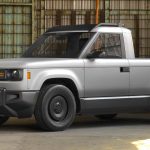Across South African households, a subtle shift is taking place. Parents are borrowing ideas from video games, fitness apps and loyalty platforms and applying…
Red Bull wings for Lucid – not Tesla
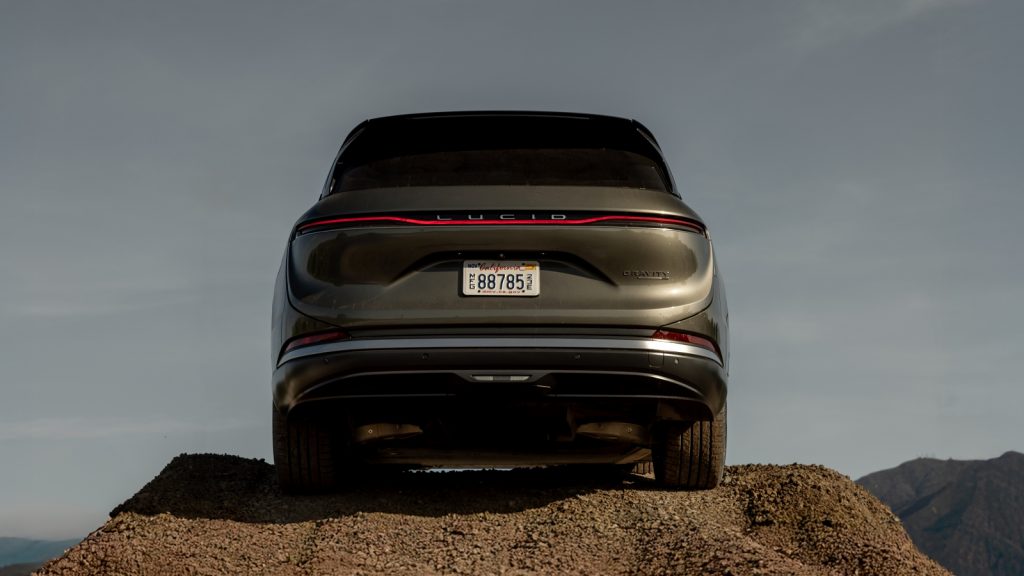
Red Bull is the standard for performance marketing. The Austro-Thai energy drinks company is a dominant presence in power sports, including its winning F1 team.
From media to indirect product marketing, Red Bull is the school for ace marketeers. And now Lucid has an experienced Red Bull specialist as its Vice President of Marketing: Akerho Oghoghomeh
Akerho served at Red Bull for several years, rising to Senior Vice President Marketing. With Lucid’s new leadership and product, including the pioneering Gravity SUV, Akerho will have an ascending brand to work with. He also joins Lucid when one of its key rivals is desperately struggling.
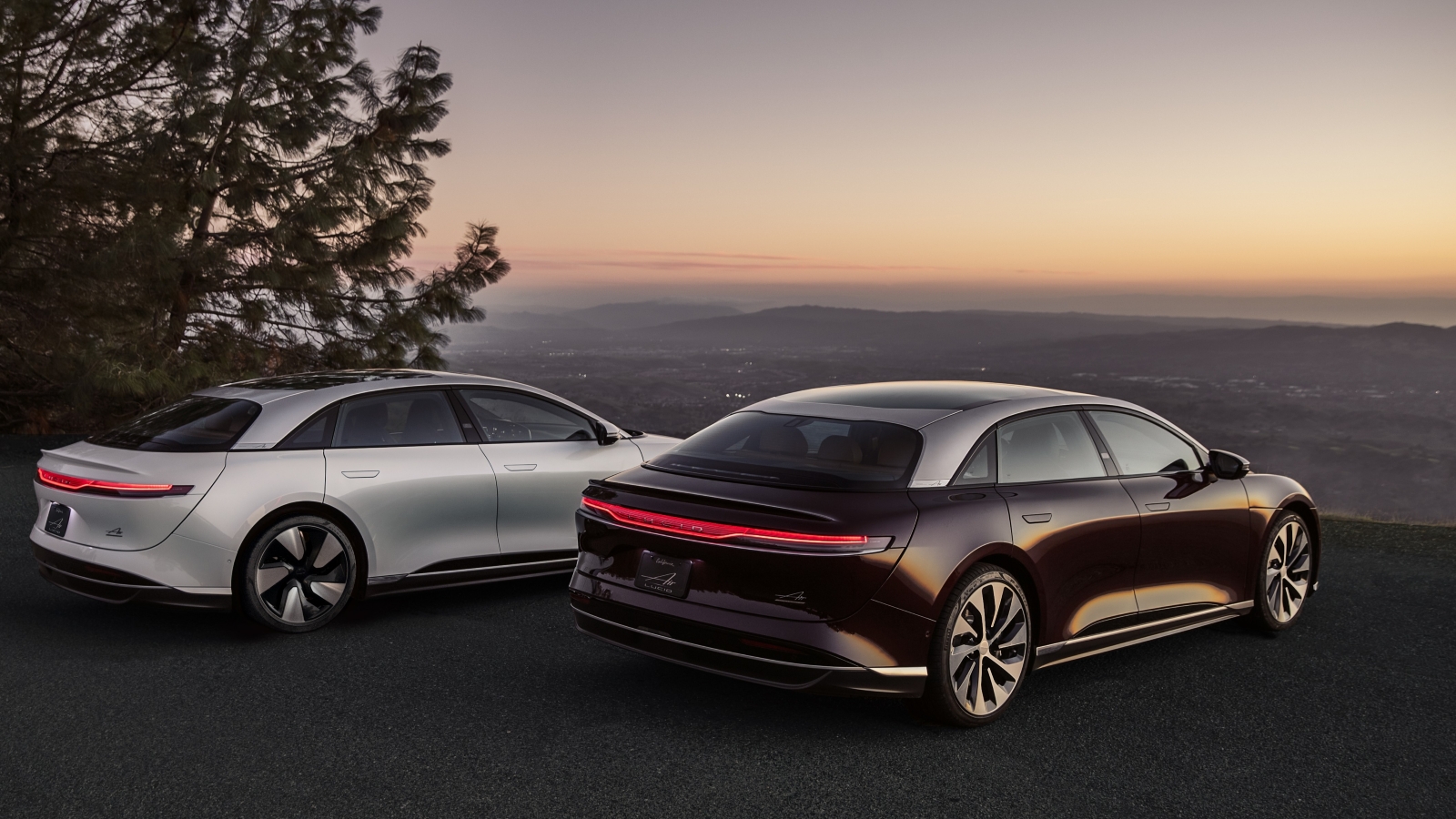
Tesla winging it?
Lucid had a busy Q1, with its founding operational CEO stepping down. But also launched a terrific new product in the Gravity. By contrast, Tesla, has had its most tumultuous Q1 in memory. Without any new product and terrible numbers, that not even the most liberal accounting standard interpretation can hide.
Tesla’s Q1 automotive revenues narrowed by 20%, net income was 9.4% lower and profits eroded by a significant 71%.
An ageing product portfolio and better BEVs from rivals were always going to pressure Tesla, but the scale of its Q1 underperformance, was political. Elon Musk’s sweeping powers in his role as chief DOGE architecture within the 47th US administration hasn’t merely annoyed observed, it’s repelled loyal Tesla owners and deflected BEV-curious buyers from investing in the brand.
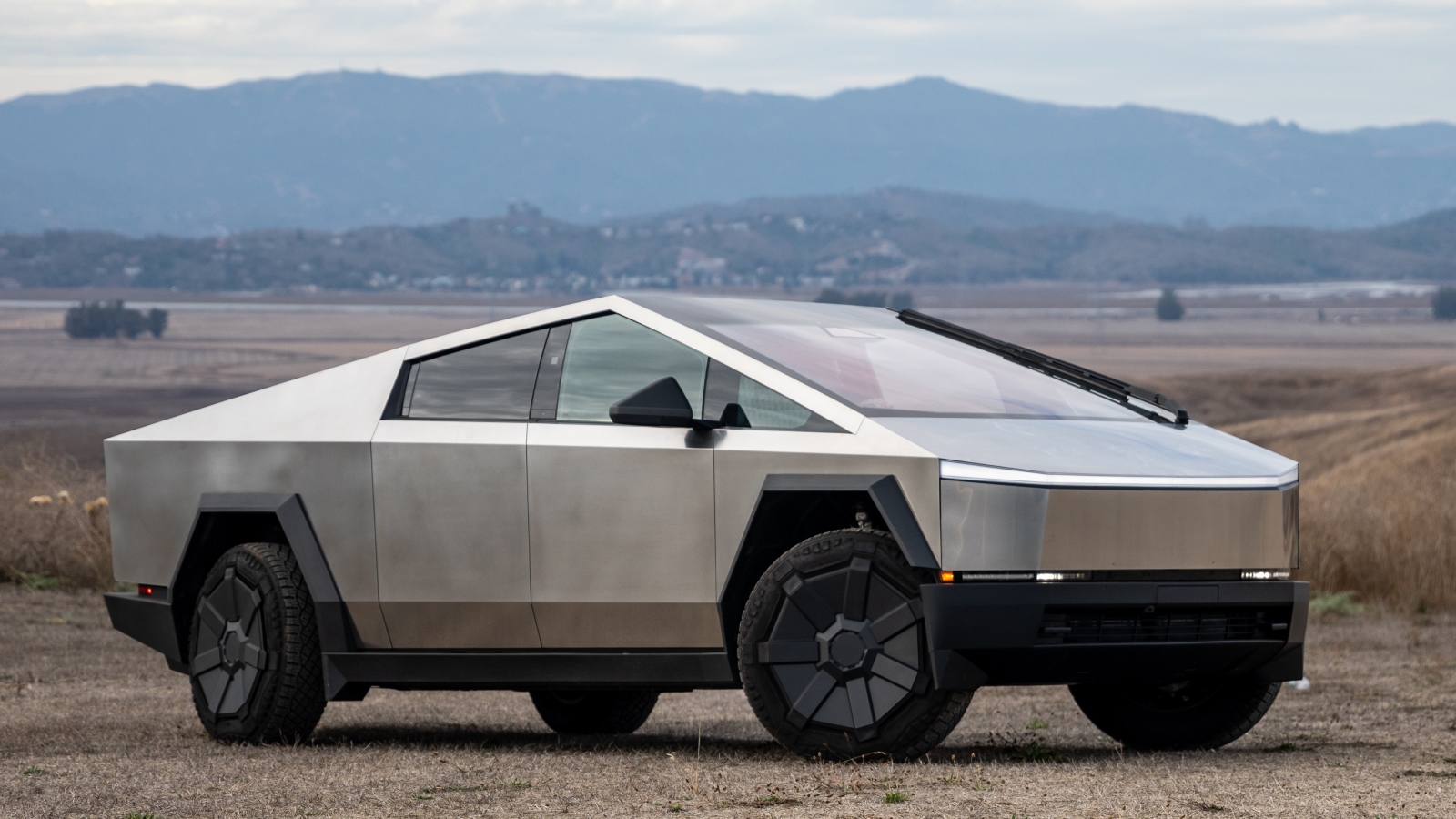
When the CEO is everything
The paradox for Tesla is that Musk’s cult of personality built the brand. Most of Tesla’s most loyal customers are developers, digital economy specialists, or engineers who recognize a sense of relatable mission in Musk and what he does. But these are also people who demand the most advanced products, and features that do what they promise.
Tesla’s self-driving technology remains an issue for regulators. The vaunted affordable Tesla and its fleet of robotaxis, remain trapped in the conceptual stage instead of delighting customers by being brought to market.
No Red Bull wings for the C-Truck
Cybertruck has required a tremendous investment in supply chain and specialist tooling for Tesla. Especially the stainless steel bodywork and steer by wire system.
With demand for Cybertruck waning and inventories piling, the cost of a hyper-specialized supply chain, where Tesla is the scale, must be pressuring its balance sheet.
Pickup trucks are an enormously profitable segment globally and specifically, in the North American market. For Tesla the promise of huge pickup truck profits has now turned to an assembly and distribution nightmare.
Discounting only erodes residual values for existing customers and corrodes the brand standing. But for a brand without any traditional dealers, Tesla needs to absorb the imbalance between Cybertruck supply and demand.
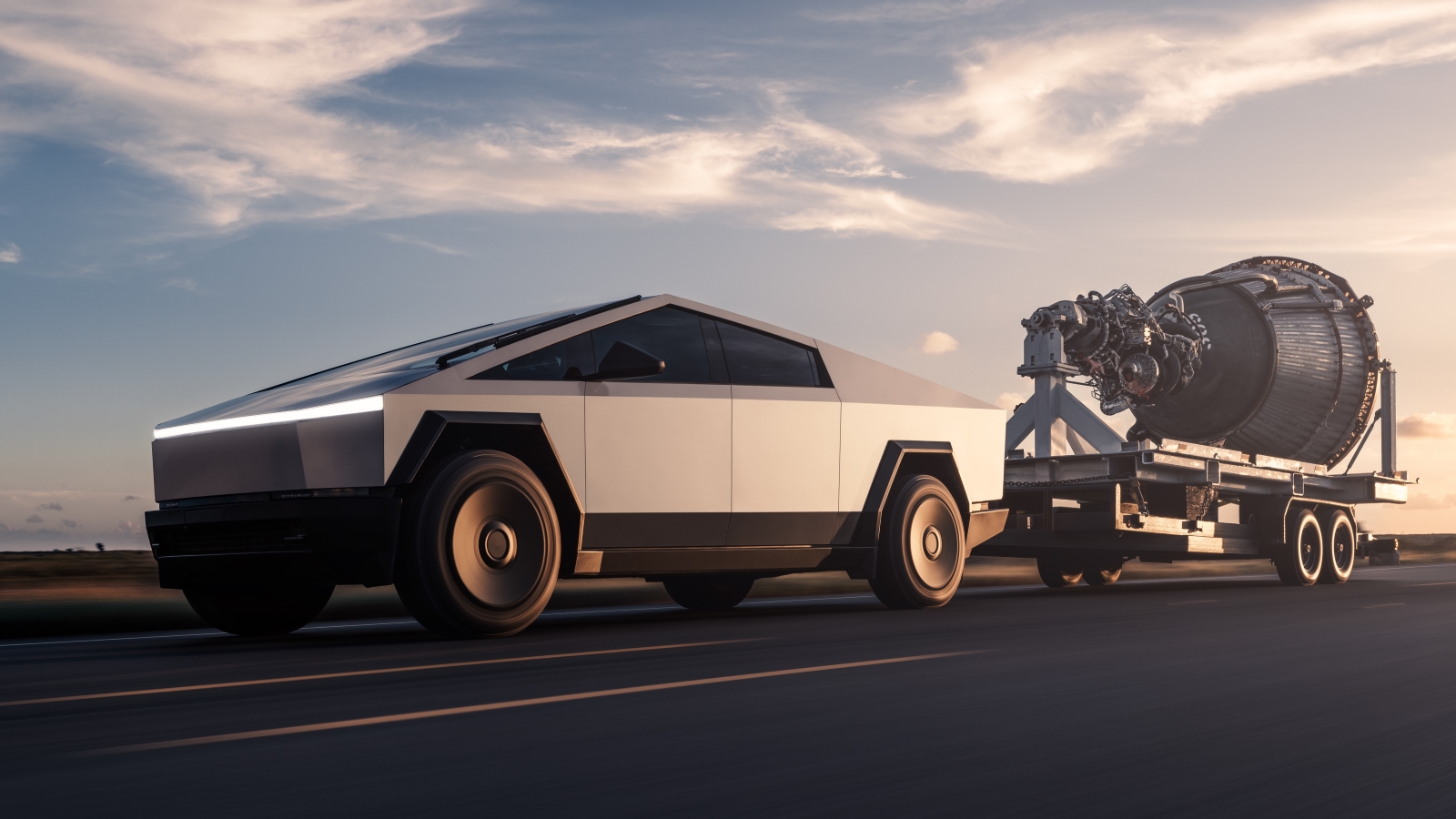
Balancing SpaceX and Tesla
Innovation and features have been the product pillars of Tesla. But a dated product lineup, unpopular pickup truck and politically polarizing brand orbit have cost it – dearly.
Musk’s reaction has been a commitment to reduce his DOGE hours and spend more time at Tesla. But with SpaceX unquestionably being the project of greater prestige, will Musk be able to find the product solutions to reduce the political contagion at his car company?
And Rivian? RJ Scaringe appears to be doing all the right things to ensure that his BEV company keeps building products that matter.
